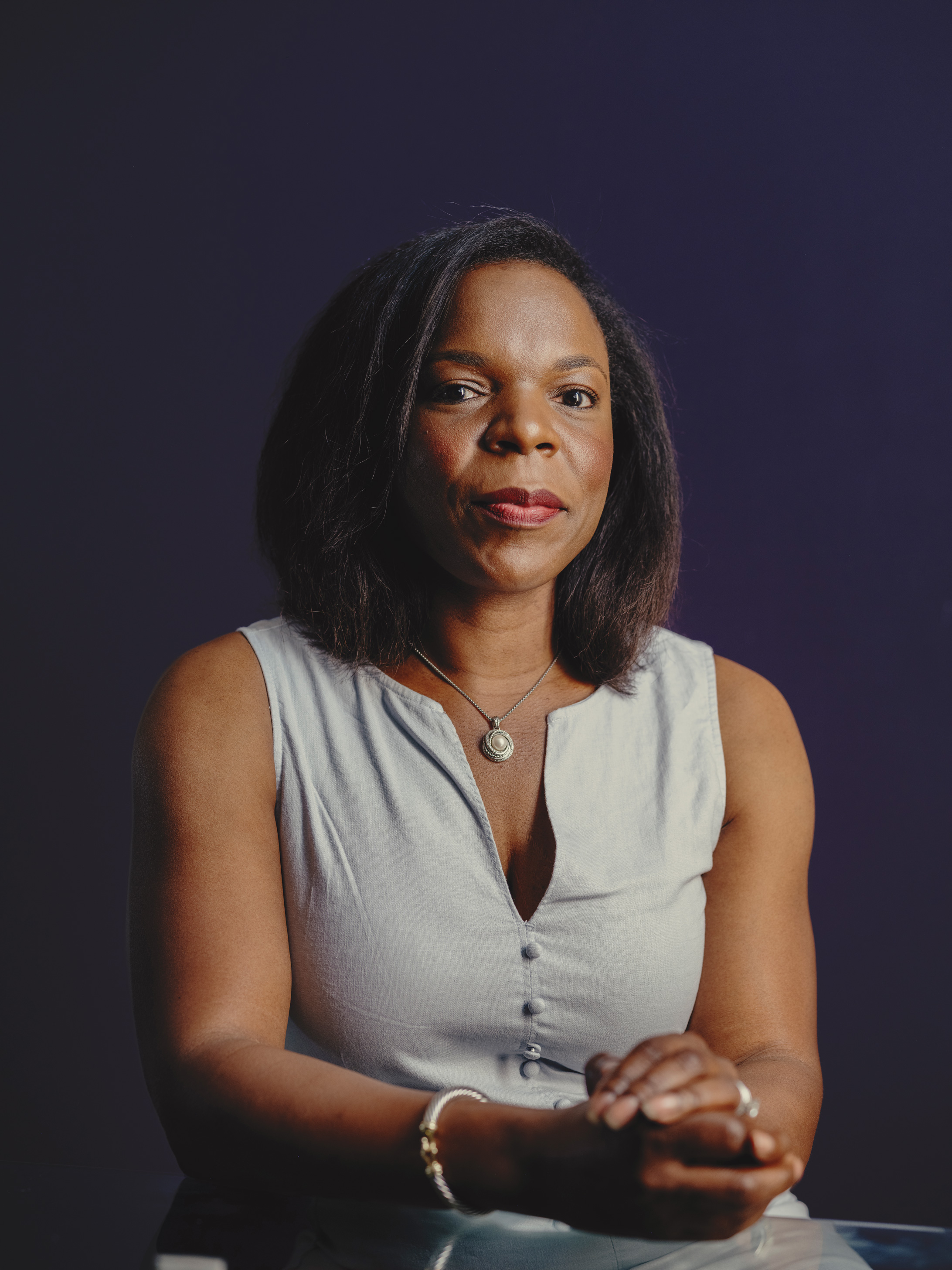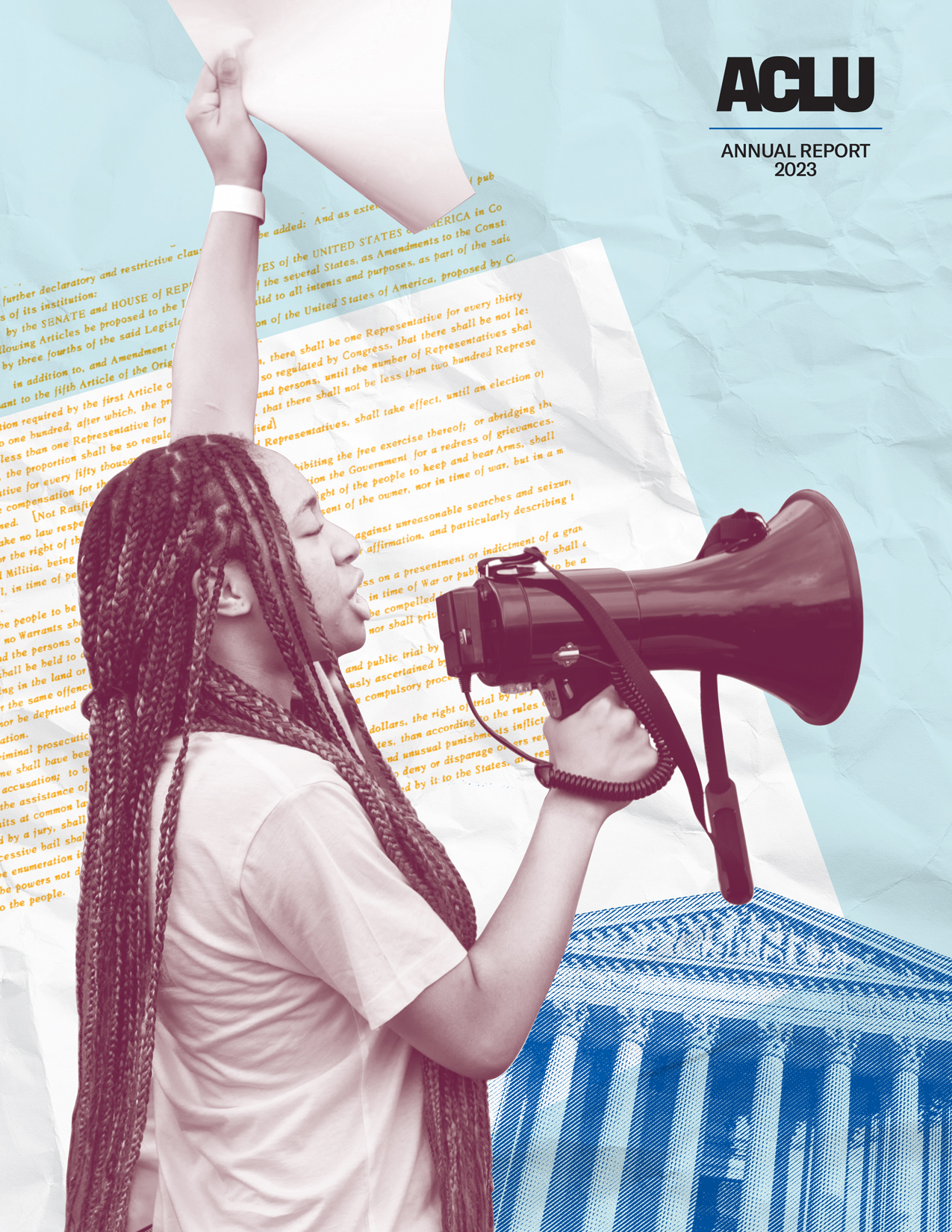Protecting Reproductive Freedom
The ACLU is blocking the criminalization of abortion care.
The anti-abortion movement continues to capitalize on the U.S. Supreme Court’s elimination of the federal right to abortion in Dobbs v. Jackson Women’s Health Organization. More than 20 states have either banned or curtailed abortion, with disastrous impacts for the 20 million people of reproductive age who live there, and extreme anti-abortion forces are cracking down on access even further. The ACLU is defending pregnant people, providers, and doctors exposed to criminal liability by extreme abortion restrictions, and we’re channeling the overwhelming support for abortion rights into political strategies to win them back.
In two high-profile abortion cases before the U.S. Supreme Court last term, the ACLU fought to preserve access to mifepristone and help patients and doctors in Idaho gain a temporary reprieve to resume emergency abortion care.
We also continued to grow our Abortion Criminal Defense Initiative (ACDI) to defend those who face criminal investigation and prosecution related to abortion care. We’ve built a network of more than 100 experienced criminal defense lawyers across all states that have restricted or banned abortion. And we’ve provided legal training to abortion providers and advocates around the country to help them mitigate legal risk while maximizing the reproductive health care they provide.
This past year, we continued our efforts to block abortion bans around the country, and our litigation currently protects access to care in Ohio, Utah, and Guam. Using new abortion-protective laws passed via recent state ballot victories, we filed lawsuits to expand access to abortion in Michigan, Nevada, and Ohio. The ACLU was actively engaged in ballot initiative efforts to enshrine reproductive rights in the state constitutions of Missouri, Arizona, and Montana. And we secured positive rulings in our litigation in Idaho and Alabama challenging attempts to prevent people who live in states with bans from traveling outside their home state to seek legal abortion care.
Through our first-of-its-kind lawsuit, we blocked a de facto ban on freestanding birth centers in Alabama. Among those impacted by this important victory is the Huntsville-based Alabama Birth Center founded by ACLU client Yashica Robinson, MD, a longtime ob-gyn and one of the few remaining abortion providers in the state before Dobbs.

ACLU client Yashica Robinson, MD
Bethany Mollenkof
Robinson described her frustration with Alabama’s near-total abortion ban and the numerous maternity ward closures around the state:
“It infuriates me that politicians are the ones making these decisions. There are many areas in Alabama that are maternity-care deserts, which means there’s no one to provide pregnancy care. With birth centers, you can have more providers available to patients, especially in places where there’s already a lack of providers. There are legislative hurdles we’ve had to overcome, and that has slowed our progress down. It puts financial stressors on the birth center and our ability to open our doors and start serving our community.”
States with abortion restrictions often have failing health care systems. Alabama has the third-worst maternal and infant mortality rates in the country, and the state has banned abortion, forcing more women into unwanted pregnancies. Black women and Black infants make up a disproportionate number of deaths in the state, many of them preventable — Black infants die at twice the rate of white infants in Alabama. Patient-centered birth centers like Robinson’s offer a crucial lifeline for pregnant people, especially those from marginalized populations.
ACLU Impact
Read the full 2024 annual report below. You can download a more print-friendly spreads layout here.
Stay informed
Sign up to be the first to hear about how to take action.
By completing this form, I agree to receive occasional emails per the terms of the ACLU's privacy statement.
By completing this form, I agree to receive occasional emails per the terms of the ACLU's privacy statement.

